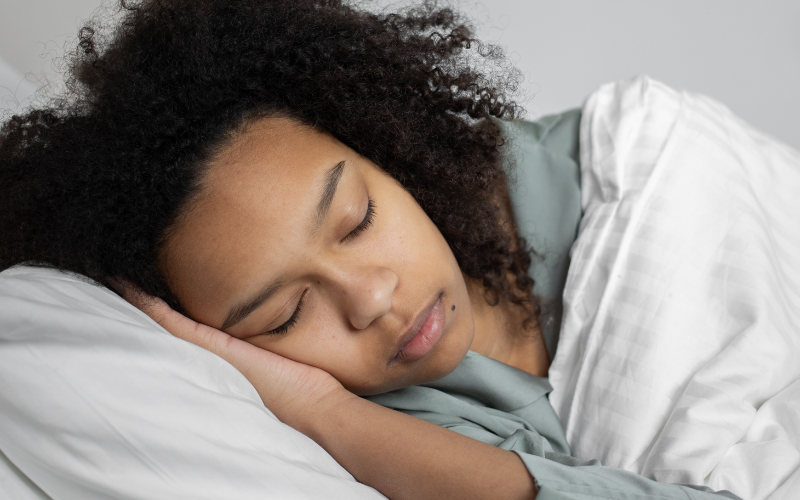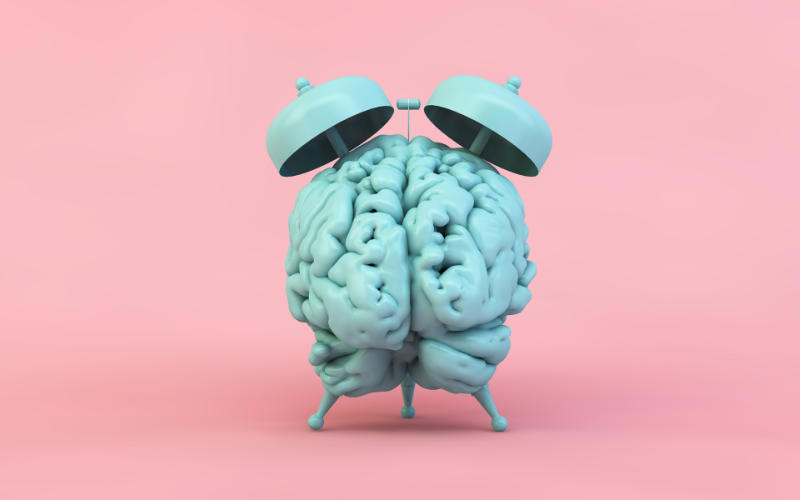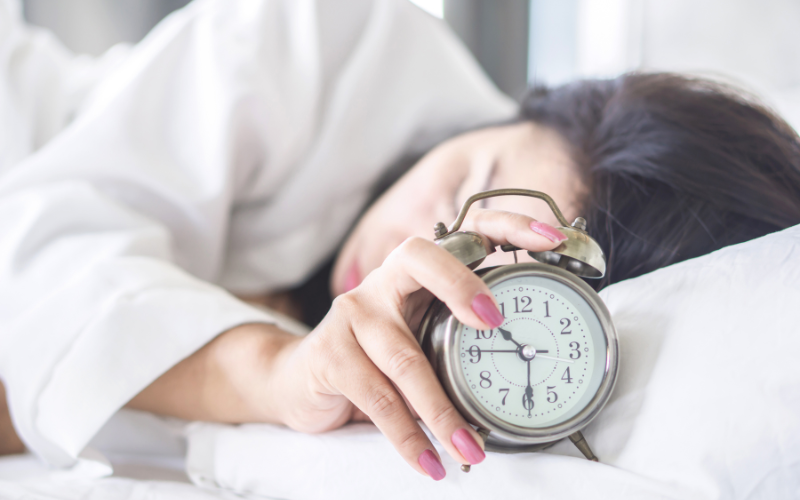How quality sleep can reduce the risk of heart disease and stroke
Original Article | Medical News Today
- Researchers report that better sleep may translate into a lower risk of cardiovascular disease.
- They add that consistent and healthy sleep patterns can improve a person’s overall well-being.
- Experts say people having trouble sleeping should rethink pre-sleep activities and avoid stimulation before bedtime.

A studyTrusted Source published in the journal JAMA Network Open reports that midlife and older adults with healthy sleep habits have a better chance of avoiding cardiovascular disease.
Researchers used data collected between 2008 and 2018 from the Dongfeng-Tongji cohortTrusted Source, an ongoing, prospective study in Shiyan, China.
The research team looked at 15,306 individuals with an average age of 66 years with 58% being female and 42% being male. The researchers reported that 5,474 (36%) people had persistent unfavorable sleep patterns and 3,946 (26%) had persistent favorable sleep patterns.
The researchers established that 3,669 members of the study group had documented cases of cardiovascular disease during that period, including 2,986 cases of coronary heart disease and 683 cases of stroke over a mean follow-up period of nearly 5 years.
Compared to people with persistent unfavorable sleep patterns, those with persistent favorable sleep patterns had a significantly lower risk of new onset cardiovascular disease, coronary heart disease, and stroke during the follow-up period.
Researchers said the genetic risk for cardiovascular disease didn’t modify these associations.
“However, sleep pattern changes and genetic risk were jointly associated with the [coronary heart disease] and stroke risk in a dose-dependent manner,” the study authors wrote.
Healthy sleep and heart disease risk
The five-year patterns in the study were determined by bedtime, sleep duration, sleep quality, and midday napping as well as polygenic risk scores for coronary heart disease and stroke.
The participants included people with complete sleep information at the baseline survey from 2008 to 2010 and the first follow-up survey in 2013. Subjects with no history of cardiovascular disease or cancer were prospectively assessed from 2013 to 2018. Scientists performed their statistical analysis in November 2023.
The authors pointed out cardiovascular disease “is a major cause of morbidity and mortality worldwide. In 2019, cardiovascular deaths accounted for approximately one-third of all deaths globally, including more than 40% of deaths in China.
The researchers also said that as the cardiovascular disease burden keeps rising in nearly every country, research identifying modifiable risk factors for prevention of serious heart disease is urgent.
The team acknowledged previous studies have shown an association of sleep with cardiovascular health.
However, the researchers said most of those studies used only a single measurement, which might not adequately reflect the association of overall sleep with cardiovascular disease as sleep habits may change over time.
Researchers cited one studyTrusted Source of 9,309 participants living in Europe that indicated that maintaining healthy sleep patterns over a 2-year to 5-year period was associated with a lower risk of cardiovascular disease and coronary heart disease but not stroke.
However, they noted that the research looked at people in midlife who typically adjusted their sleep patterns around work schedules.
Lifestyle and genetics also factors in heart health
The study authors noted that more research on older, retired people with more natural sleep patterns is still necessary.
The researchers added that lifestyle and genetic factors are also associated with cardiovascular disease, and previous research has shown people with healthy lifestyles had a lower risk of coronary heart disease and stroke, even among those at high genetic risk.
“To fill the evidence gap, we collected sleep information at two time points approximately five years apart and prospectively explored the long-term outcomes of changes in sleep patterns on the subsequent incidence of [cardiovascular disease] outcomes among middle-aged and older Chinese retirees,” the study authors wrote. “We further investigated how the five-year changes in sleep patterns interact and combine with [cardiovascular disease]-related genetic variants for the risk of [cardiovascular disease] outcome.”
Chelsey Borson, a sleep expert and founder of baby sleep consulting service Luna Leaps who was not involved in the study, told Medical News Today that sleep has profound impacts on overall health, including heart health.
“The link between adequate sleep and heart health is increasingly recognized as vital. Sleep serves as a period of recovery and repair for the heart, reducing stress and inflammation, major risk factors for heart disease,” Borson explained. “It’s not an entirely new idea, but the depth of understanding has deepened significantly in recent years as research has advanced.”
Borson said studies show people getting fewer than seven hours of sleep per night tend to have higher risks of developing cardiovascular issues such as hypertension, coronary artery disease, and myocardial infarction, which “underscores sleep’s role in regulating blood pressure, heart rate, and cardiovascular stability.”








